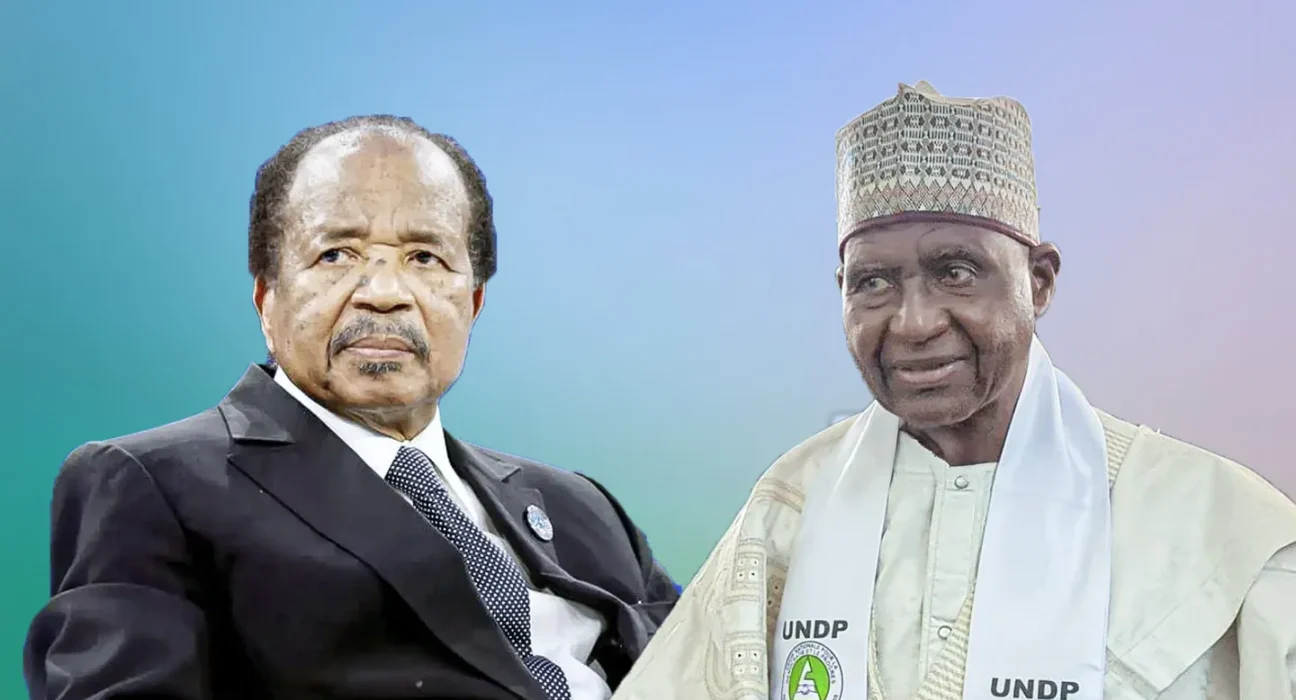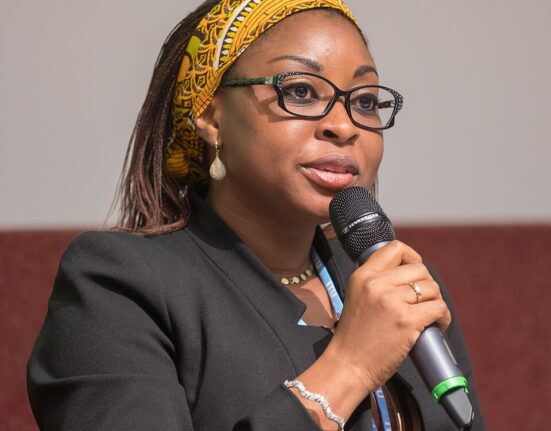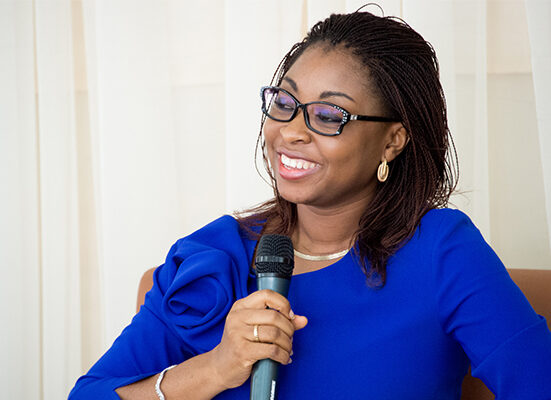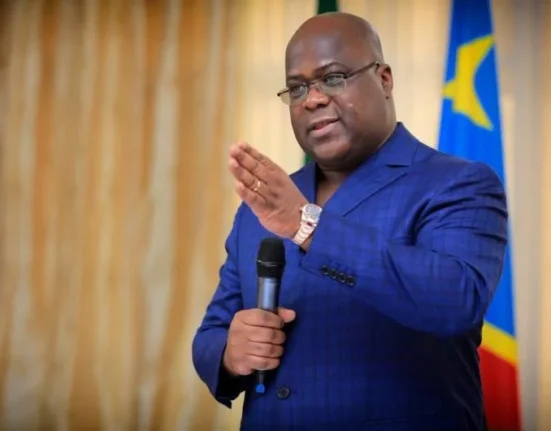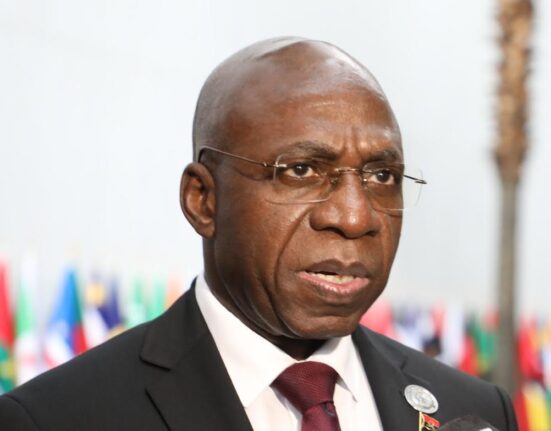By AfricaHeadline Investigations
Yaoundé – October 2025
Nearly eight million Cameroonians are expected to vote on October 12, 2025, in a presidential election that could redefine the country’s political landscape. The contest pits long-time President Paul Biya, who has ruled for more than four decades, against Beloboumama Egari, the 80-year-old leader of the National Union for Democracy and Progress (UNDP), once a loyal ally, now a challenger determined to test the limits of the system he helped sustain.

AfricaHeadline Reports Team
editorial@africaheadline.com
Egari’s candidacy marks one of the most significant internal ruptures within Cameroon’s ruling elite in years. Having served both as a minister in Biya’s government and as a parliamentary leader, Egari carries the rare duality of insider knowledge and reformist ambition.
“If you are lucky to live long, you also have the chance to learn,” he said during a televised interview with Africanios Television, smiling as he acknowledged his age. “The Lord allowed me to be on the Cameroonian political scene for several decades, and that experience is my strength.”
For Egari, longevity is not a liability but a credential. Yet to many younger voters, it symbolizes continuity in a country where political renewal has long been postponed.
The UNDP, once an influential partner in Biya’s coalition, has spent years overshadowed by the ruling Cameroon People’s Democratic Movement (CPDM). On June 21, the party’s decision-making body met and resolved to present Egari as its presidential candidate, a move the veteran politician described as “a constitutional right and a moral obligation.”
His re-entry injects new energy into a tired opposition field, but challenges remain. Analysts point to internal divisions and scarce funding that could undermine the UNDP’s campaign. In a political environment dominated by patronage networks, running against Biya is as much a statement of principle as it is a logistical struggle.
Behind the image of calm and continuity, Cameroon faces widening social fractures: separatist tensions in the Anglophone regions, double-digit youth unemployment, and infrastructure collapse.
Egari’s campaign seeks to channel this frustration. “After more than 60 years of sovereignty, we still have children who go to school under a tree,” he lamented, a statement that captures the country’s stalled development.
According to UNICEF, nearly 250,000 Cameroonian children still attend classes outdoors, and public investment in infrastructure remains below 3 percent of the national budget. For many voters, these failures are not abstractions but daily realities, broken roads, overcrowded hospitals, and collapsing classrooms.
Egari insists that his participation in previous administrations should not be viewed as complicity in their failures. “I served under agreed government programs,” he said, “but today, I believe the UNDP can deliver better results.”
His platform prioritizes infrastructure, agriculture, healthcare, and education, areas that he says must form the foundation of national renewal. Yet the challenge is profound: how to convince a skeptical electorate that reform can come from within a political structure long resistant to change.
Egari’s tone is pragmatic rather than revolutionary, suggesting gradual institutional reform rather than abrupt rupture. This cautious strategy may attract moderate voters, but it also risks alienating younger citizens demanding deeper transformation.
Cameroon’s Constitutional Council, which will oversee the confirmation of election results, has been repeatedly criticized for its lack of independence. Egari has called for “stronger autonomy of national institutions,” a veiled criticism of the judicial and electoral systems widely seen as subservient to the presidency.
Observers from the African Union, the European Union, and the Economic Community of Central African States (ECCAS) are expected to monitor the polls closely. The credibility of these institutions — and their willingness to challenge irregularities, will shape international perceptions of Cameroon’s democratic maturity.
With the campaign entering its final stretch, Yaoundé is tense but expectant. Posters of Biya and Egari compete for visibility on the city’s aging walls. Among ordinary citizens, fatigue mixes with cautious hope — a sense that, even if the system resists change, the conversation about change has finally begun.
Whether Cameroon’s aging democracy can accommodate genuine competition, or whether this election becomes another exercise in managed continuity, will determine not only Paul Biya’s legacy, but also Cameroon’s political resilience in a region where stability and stagnation often coexist.
AfricaHeadline Investigations
Decoding Power. Tracking Change.




